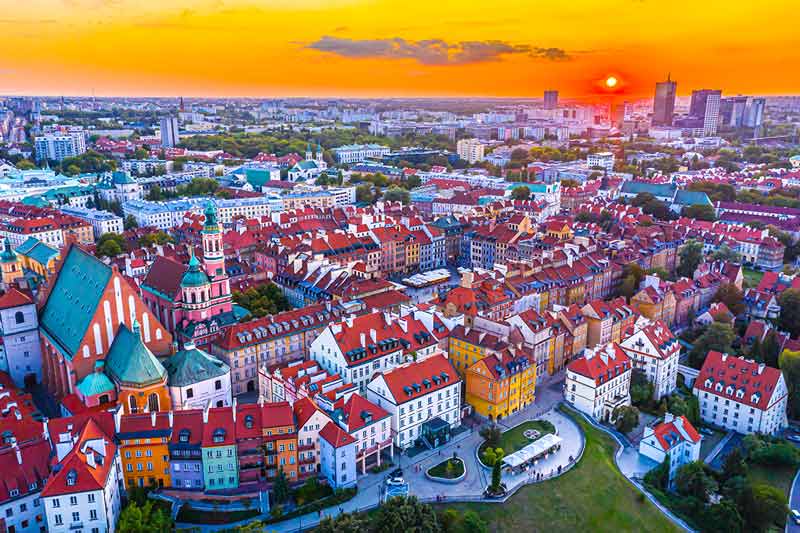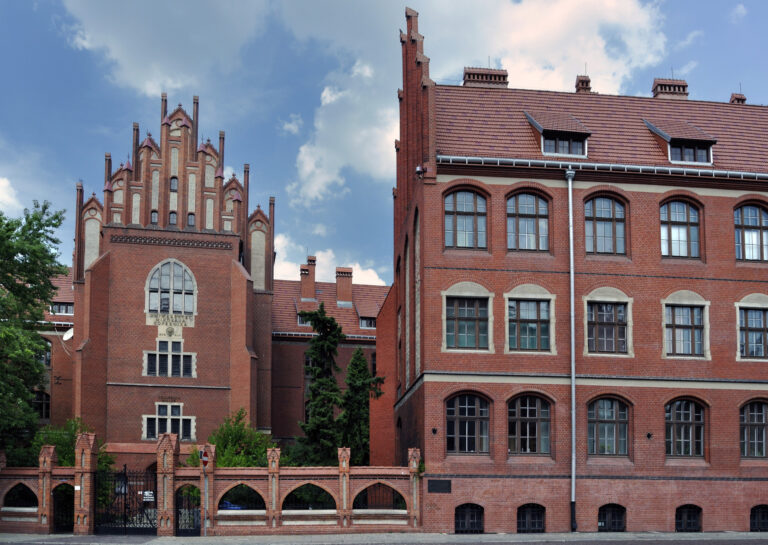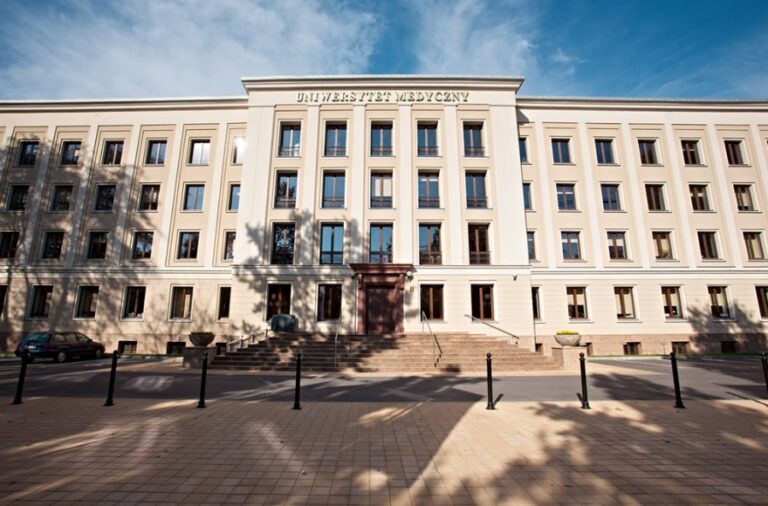Study Medicine in Poland

Study in Poland
Poland is a highly sought-after destination for students who wish to pursue MBBS abroad. The country is renowned for its prestigious Jagiellonian University, which was established as the Cracow Academy by King Casimir the Great in 1364. With a rich history of over 650 years of higher education, Poland has produced numerous influential doctors and dentists who have made significant contributions to medicine and science worldwide.
Ranked fourth in the EU in terms of the number of students enrolled in higher education, Poland boasts modern infrastructure and a high standard of education, making it an ideal choice for students looking to study Medicine abroad. The Medicine study in Poland adheres to strict Polish and European teaching standards, with the European Credit Transfer System (ECTS) facilitating seamless transfer of credits between medical institutions
Why Study Medicine In Poland?
Poland has a long-standing tradition of providing high-quality medical education, with many of its universities consistently ranked among the best in Europe
The country boasts a well-developed healthcare system, with modern facilities and advanced technologies that provide students with hands-on experience in clinical settings
Studying MBBS in Poland is more affordable compared to other European countries, making it an attractive option for students looking to pursue a career in healthcare
Graduates from medical schools in Poland are eligible to practice medicine in the European Union and other countries around the world
The country has a high standard of living, with safe and affordable accommodation options for students
Poland's medical degree program adheres to strict Polish and European teaching standards, with the European Credit Transfer System (ECTS) facilitating seamless transfer of credits between medical institutions
Poland has a diverse student population, with many international students from all over the world studying medicine in the country
Poland's rich history and culture offer a unique and enriching experience for students, with landmarks such as the Wawel Castle in Krakow and the historic salt mines in Wieliczka
Poland's location in Central Europe provides easy access to other European countries, allowing students to gain a broader perspective and experience European culture and diversity
About poland
Poland is a country located in Central Europe, bordered by Germany to the west, the Czech Republic and Slovakia to the south, Ukraine and Belarus to the east, and the Baltic Sea, Lithuania, and Russia to the north. It has a population of over 38 million people, making it the sixth most populous member state of the European Union. The official language is Polish, and the currency is the Polish złoty.
Poland has a rich history and culture, with landmarks such as the Wawel Castle in Krakow, the old town of Warsaw, and the historic salt mines in Wieliczka. The country is also known for its cuisine, which includes traditional dishes such as pierogi, kielbasa, and golabki.
Poland has a diverse economy, with major industries including information technology, automotive manufacturing, and food processing. The country has a high-income mixed economy, with the largest stock exchange in Central and Eastern Europe.
Poland is also home to many world-renowned universities and academic institutions, including the Jagiellonian University, the University of Warsaw, and the Warsaw University of Technology. The country has a well-developed healthcare system, with modern facilities and advanced technologies that attract many international students to study medicine in Poland.
Frequently Asked Questions
Polish medical universities provide six-year programs in diverse specialties.
Yes, Poland offers scholarships for international students. Check with the university or explore national scholarship programs.
Applicants for Medicine studies in Poland must be a minimum of 17 years old at the time of application.
The enrollment period for Medicine in Poland begins in October. To enhance their chances of admission, students are advised not to delay and should submit their applications in a timely manner.
Yes, international students are often allowed to work part-time during the academic year and full-time during semester breaks.
Yes, clinical training is a significant component of Medical programs in Poland, providing hands-on experience in hospitals and healthcare settings.
The vacation periods during MBBS studies in Poland typically align with the academic calendar. Common breaks include winter and summer holidays, as well as shorter breaks between academic terms.
Many programs are offered in English, especially at the postgraduate level.
The FMGE passing rate is 50% in the top 10 medical colleges in Poland. For institutions outside the top-ranking universities, the FMGE success rate decreases to 25% and below.
Those who have completed their studies in Polish universities can pursue an MD in Poland following their Medicine Study. The MD program in Poland is a four-year course, enabling students to practice medicine in various institutions around the world upon completion.
The annual tuition fees fall in the range of USD 11,000 - 16,000
The annual cost of living for international students are roughly EUR 4000-5000, which includes accommodation, food, transport etc.
- Higher secondary certificate (must have studied biology, chemistry, and physics or mathematics)
- Academic transcripts with apostille
- Proof of English fluency (for non-native speakers) (IELTS – 6.5 / TOEFL iBT – 87 / or other equivalent scores)
- Either entrance test or BMAT/MCAT/GAMSAT/UKCAT scores (optional)
- Health certificate
- Vaccination certificate
- Recommendation letters
- Passport photocopy
Ready to take the first step?
Chat with our Specialist Consultant Now!





